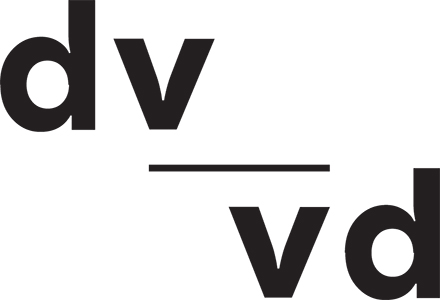Donigan Cumming
Live discussion, launch and video program
On May 7, 2020 at 7 pm on YouTube
Free
The discussion will happen in English and will be accessible in ASL (American Sign Language).
As part of the dv_vd screening series, Vidéographe and Dazibao are pleased to present a discussion between Donigan Cumming and Mike Hoolboom regarding Cumming’s video work from 1995 to the present.
Following this conversation, The Unrelenting Eye, a program of works by Cumming will be available to view online through Vithèque. This program highlights some of the ways in which Donigan Cumming undermines the documentary as a form within the form itself: the radicality of the situations he films, his blatant use of staging, on-screen direction given to the actors, self-filming, and explicit references to filmmaking processes.
→ Access the discussion
The discussion will be available later on Vithèque.
PROGRAMME
Watch for free on Vithèque from May 7 to July 7, 2020
My Dinner with Weegee (2001) — 36 min. 26 sec.
Wrap (2000) — 3 min. 30 sec.
Shelter (1999) — 3 min. 22 sec.
The Seven Wonders of the World (2018) — 18 min. 59 sec.
(Videos with French subtitles)
→ Watch the program here
The event accompanies the launching of Body-to-Body: The Works of Donigan Cumming, the first in a series of new publications and digital box sets produced by Vidéographe. Comprising all 26 videos made by Donigan Cumming to date, as well as images of his installations, photographs, drawings and collages, this publication takes an interdisciplinary approach in order to highlight the common threads that unite the artist’s different bodies of work. It also features essays by Zoë Tousignant and Fabrice Montal, which examine Cumming’s work in the context of art and film history, an audio interview with the artist by Jean Perret, and a number of sound works.
The selected texts and documents testify to Cumming’s creative fervour, his desire to constantly destabilize and to relentlessly draw from the margins of society, from the watchable, as well as on his own works.
Donigan Cumming is a Montréal-based artist whose multimedia practice includes photography, sound, video, drawing, text and collage, among other mediums. His work addresses themes such as the body, the boundaries between truth and fiction, taboos of representation, and social engagement.
Cumming began his career making sound installations and photographs in the 1980s. Early solo exhibitions included Reality and Motive in Documentary Photography (1986) and Moving Still (1999). In 1995, he began to work with video and in 1996 he was awarded the Telefilm Canada Award for Best Canadian Discovery (Festival du nouveau Cinéma, Montréal, 1996). His work has been shown in Canada and abroad, including at the New York Video Festival, the Whitney Museum of American Art, and the Museum of Modern Art. His work has been the subject if numerous monographic exhibitions and retrospectives and has been referred to in numerous theoretical works and reference books. His photographs and videos have been acquired by the permanent collections of museums and institutions in Quebec, Canada, and around the world. donigancumming.com
Mike Hoolboom began making movies in 1980. Making as practice, a daily application. Ongoing remixology. 100+ movies, many redacted. Since 2000 a steady drip of bio docs. The animating question of community: how can I help you? Interviews with media artists for 3 decades. 30 books, written, edited, co-edited. Local ecologies. Volunteerism. Opening the door. mikehoolboom.com
Dazibao thanks the artist and Vidéographe for their generous collaboration as well as its advisory programming committee for its support.
Dazibao receives financial support from the Conseil des arts et des lettres du Québec, the Canada Council for the Arts, the Conseil des arts de Montréal, the Ministère de la Culture et des Communications and the Ville de Montréal.
Dazibao acknowledges that we are located on unceded territory of the Kanien'kehá: ka Nation and that Tiohtiá: ke / Montreal is historically known as a gathering place for many First Nations, and today, is home to a diverse population of Indigenous as well as other peoples.


